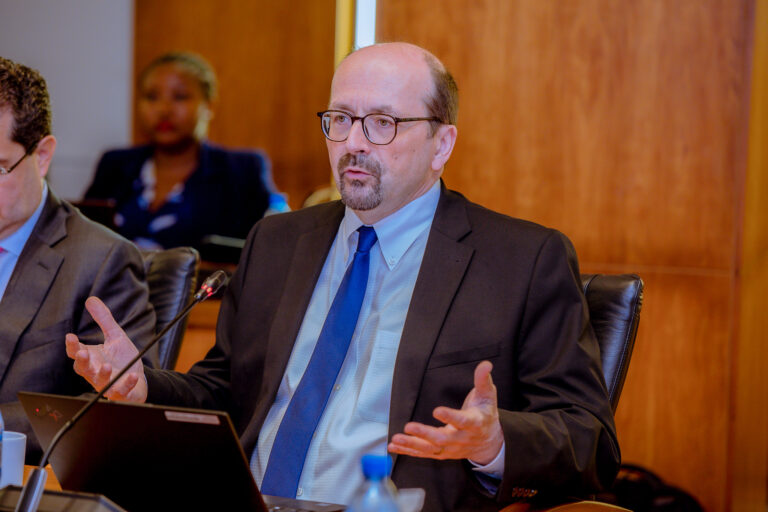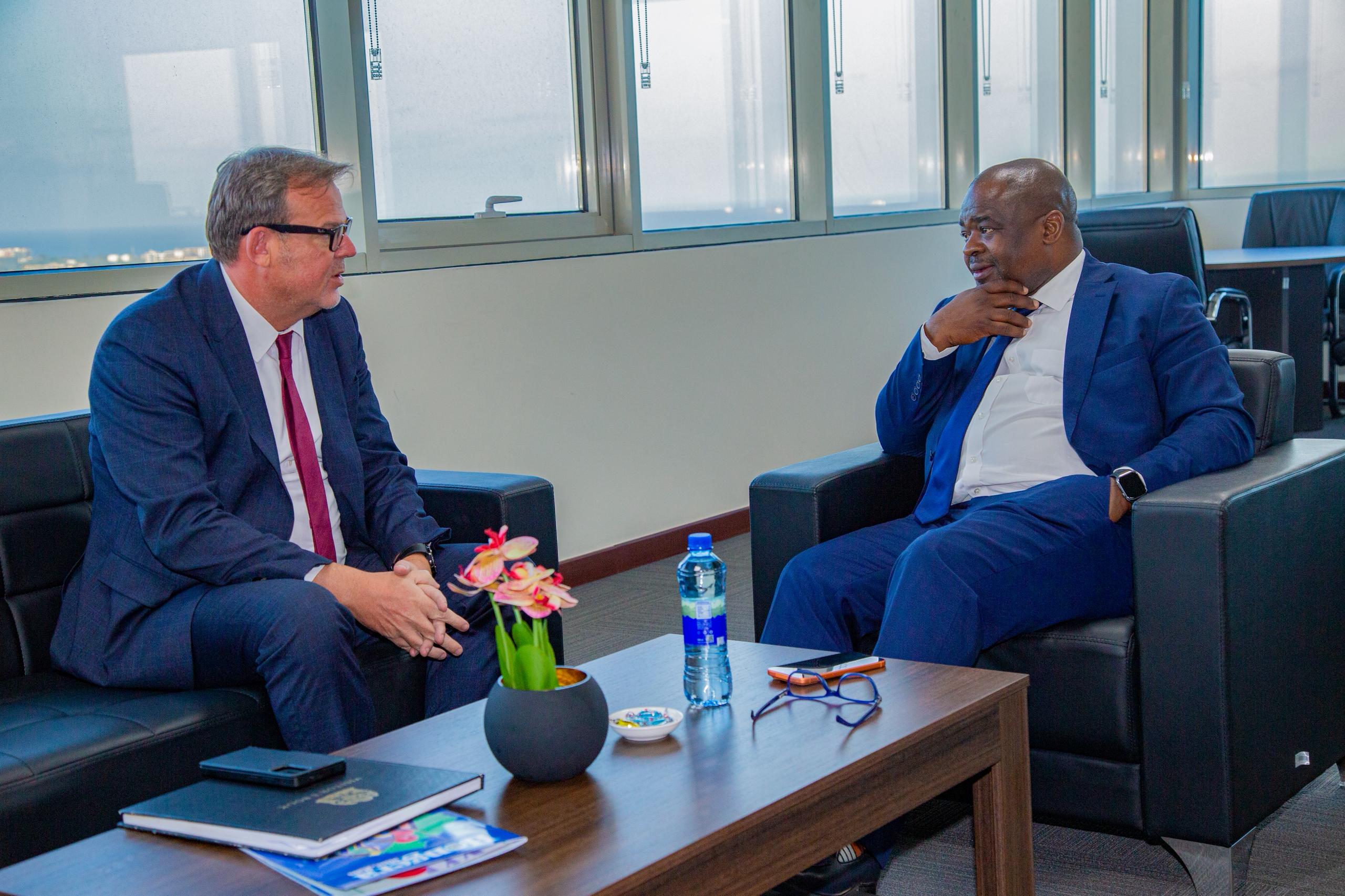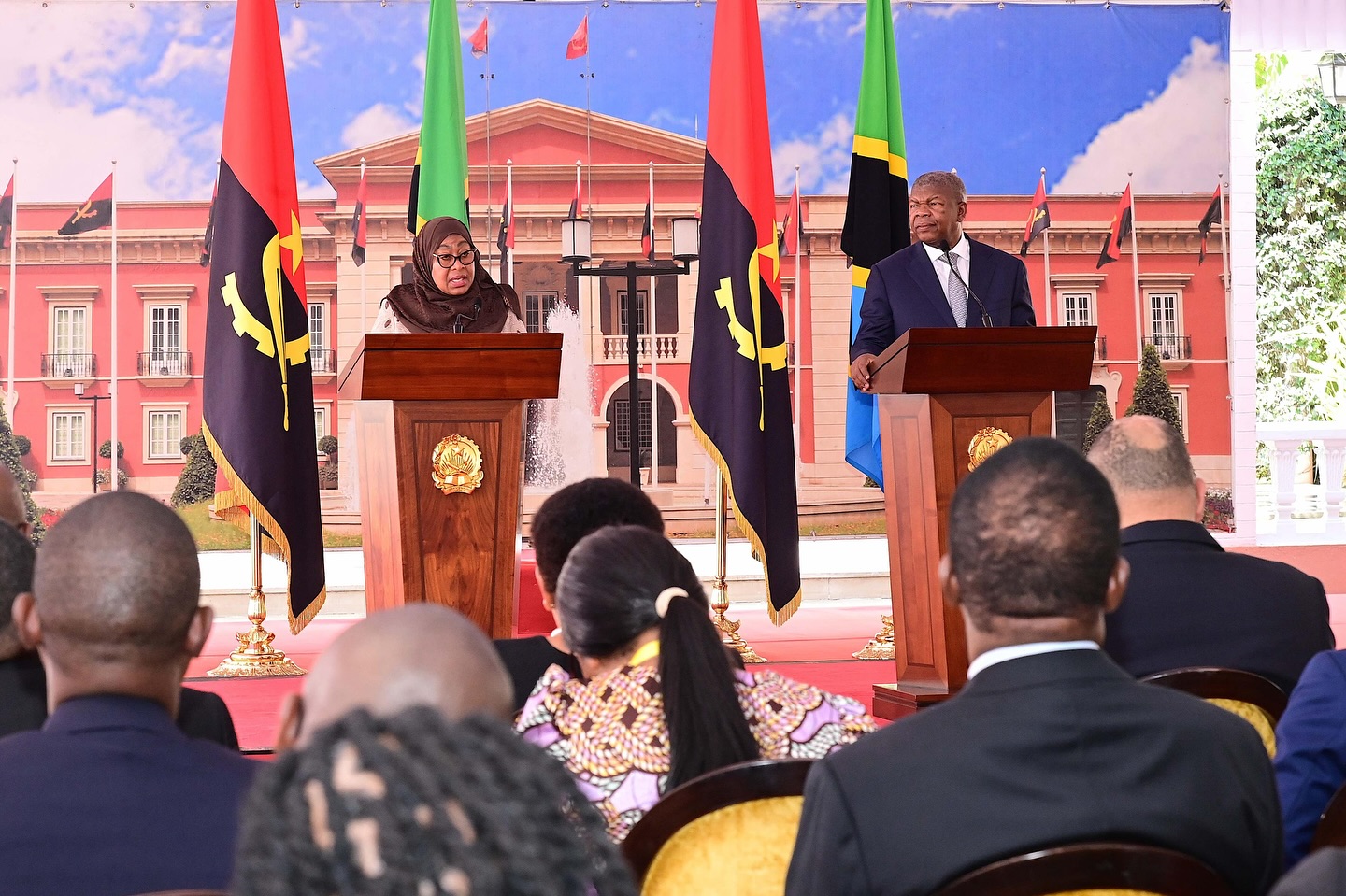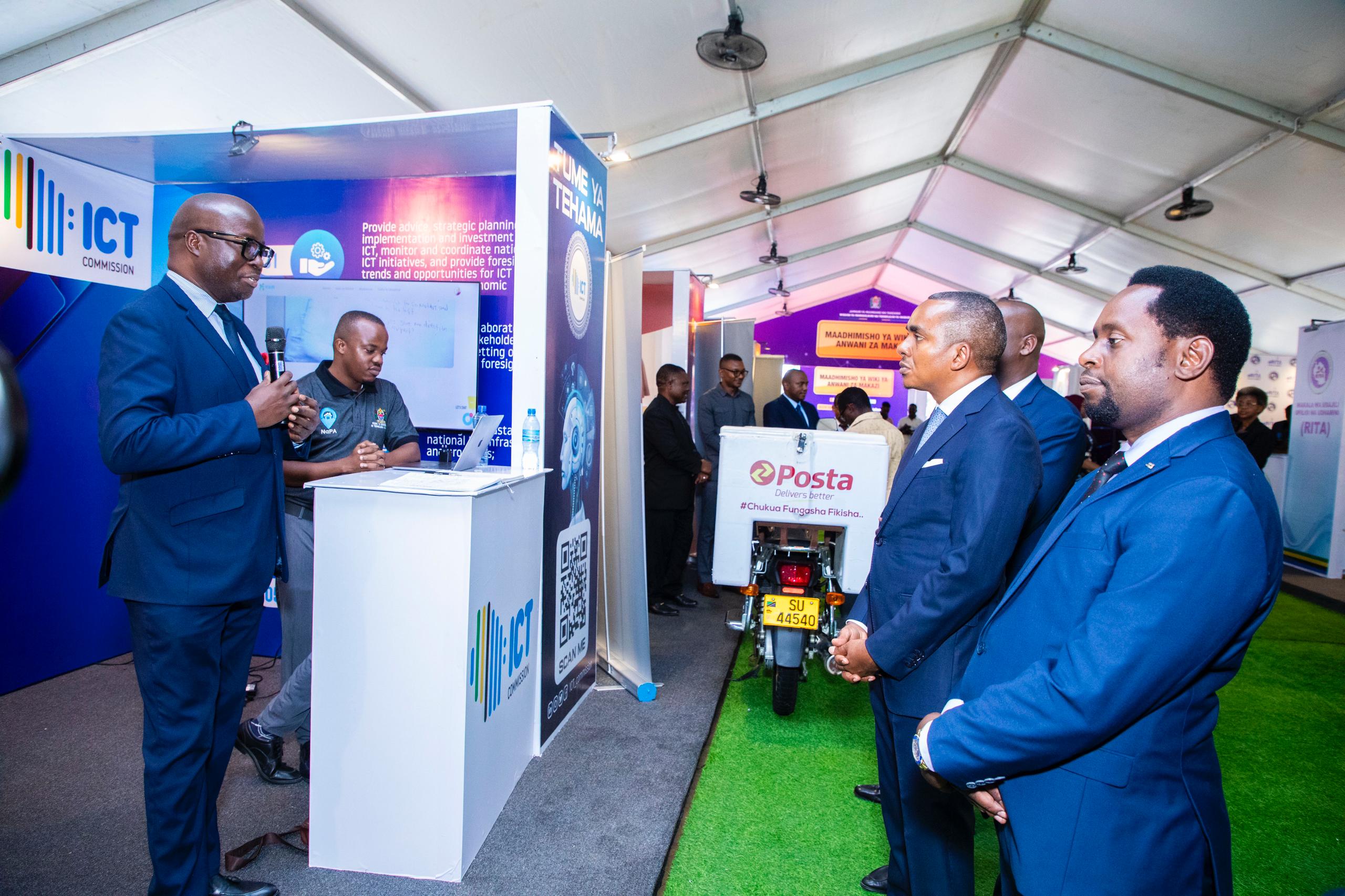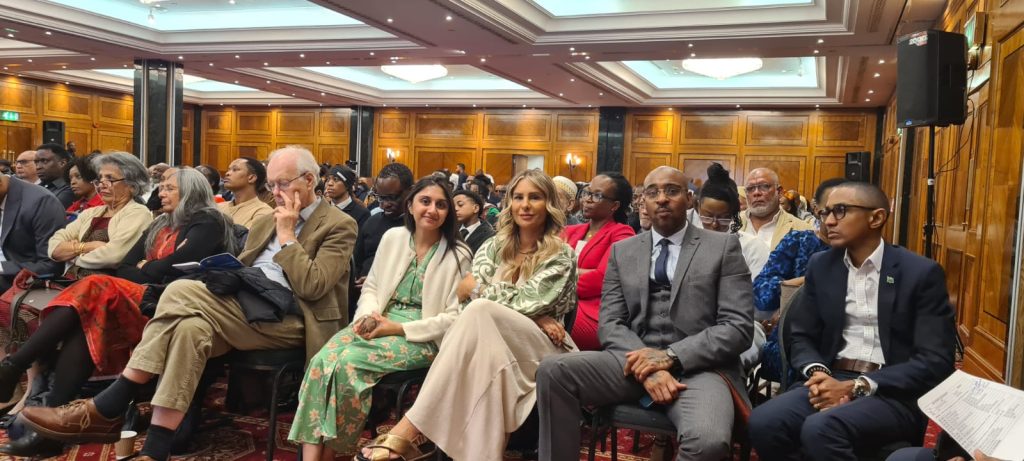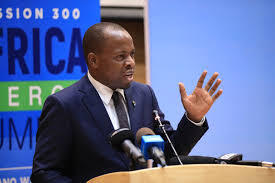Dar es Salaam. A team of experts from the International Monetary Fund (IMF) led by Mr Nicolas Blancher has concluded its visit to Tanzania, which took place from September 17 to 24, 2025, with an assessment of the country’s economic performance, outlook and reform programmes.
In a statement published on the IMF’s official website, Mr Blancher said Tanzania’s economy has remained resilient, expanding by 5.4 percent in the first quarter of 2025 (July–September), while inflation stood at a low level of 3.4 percent in August. Mining, agriculture, manufacturing and construction were identified as the key drivers of growth.
The IMF noted that positive prospects, including reforms under the Medium-Term Revenue Strategy, are expected to boost revenue mobilisation and enable greater investment in social sectors.
“The Bank of Tanzania has continued to contain inflation within the target range of 3 to 5 percent, and the decision to lower the policy rate to 5.75 percent has supported economic activity,” Mr Blancher observed.
He further pointed out that improvements in the foreign exchange market have enhanced liquidity and narrowed the gap between official and parallel markets.
The current account deficit declined to 2.5 percent of GDP in the 2024/25 fiscal year, supported by exports of minerals, agricultural products and tourism. Foreign exchange reserves reached $6.2 billion by July 2025, equivalent to four months of import cover.
The IMF underscored the importance of accelerating reforms to achieve Tanzania’s Development Vision 2050, including investment in education, healthcare, youth employment and climate change adaptation with the support of development partners.
The Fund expressed its appreciation to the Government of Tanzania, development partners, the private sector and civil society organisations for their warm hospitality and constructive engagement during the mission.

